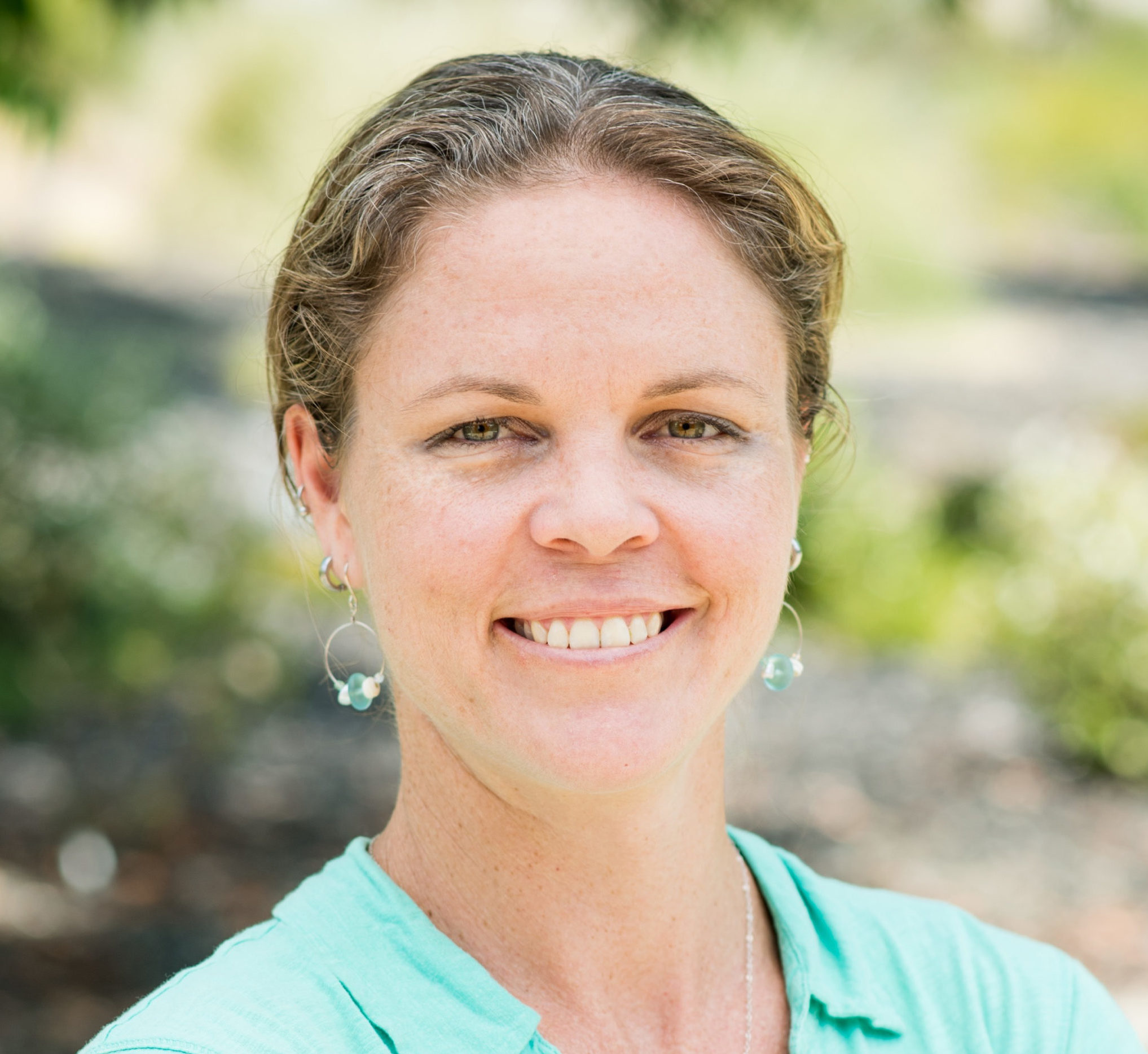Integrating open access, microbiome research into courses
Biology and Microbiology instructors gathered over the weekend of January 13-15th for a workshop at Lawrence Berkeley National Laboratory in Berkeley, California as part of the NSF RCN-UBE Incubator*: KBase Educators: Microbiome Workforce Development Program [# 2316244]. The goal was to prepare educators to pilot several new workforce development modules created by educator working groups to round out the Microbiome Workforce Development Program.
*National Science Foundation Research Coordination Network for Undergraduate Biology Education Incubator or 1-year pilot project
Making modules more accessible
The RCN-UBE Steering Committee and Working Group members were tasked with intentionally designing modules that are easy to access and implement in a range of institutions and classrooms. Focusing on recurring barriers and challenges that hinder current microbiome research in the classroom, instructors across institutions identified barriers ranging from finding time to adapt new materials, to accessing resources or affording resource costs (materials, sequencing, compute power, publishing). Everyone emphasized the necessity for ready-to-use and course budget-friendly teaching resources that include instructor training. Additional challenges were identified regarding student-engagement, from introducing microbiome research concepts to students with varied backgrounds of education and experience, student familiarity and comfort with the process of science, and overall student interest. We concluded that fully engaging students to develop skills requires meeting them where they are, both from a skills and knowledge perspective, as well as relevance and perceived importance in their lives. Leveraging those priorities, Working Groups developed several new training modules that complement the existing data analysis and publishing modules that use KBase.
The goal of the RCN Incubator is to complete a Microbiome Workforce Development Program that parallels the scientific method, engages students in collecting and preparing samples for a data analysis, and that results in a citable, scientific data publication.
A complete Microbiome Workforce Development Program
The Microbiome Workforce Development Program now includes: Research Question and Hypothesis (Module 1), Experimental Design and Sample Metadata (Module 2), and Sample Collection and Processing (Module 3), to round out Data Analysis (Module 4) and Conclusions and Publishing (Module 5) in KBase. To make materials reproducible and open, we collaborated with the National Microbiome Data Collaborative (NMDC) for metadata data standards and the National Ecological Observatory Network (NEON) to utilize their established protocols for soil and aquatic sample collection and processing that will enable students to contribute comparable samples to the NEON sample repository and existing data.

Throughout Fall 2023, Working Groups developed teaching modules (1-3) and reviewed existing modules (4-5). This process was iterative, with the full team convening regularly to review and provide feedback on developing materials and training. By Winter 2024, Working Groups were ready to gather for a final module review, cross-training, and to strategize Spring 2024 implementation.
Incubator Workshop
Eight educators from across the country joined in person and online to prepare for the Spring 2024 pilot.

Participating instructors included Tiffany Lowe-Power (UC Davis), Tina Takacs-Vesbach (University of New Mexico), Carlos Goller (North Carolina State University), Aaron Schirmer (North Eastern Illinois University), Anna McLoon (Siena College) [in person] and Maureen Morrow (State University of New York – New Paltz), Steve Biller (Wellesley College), and Melanie Van Stry (Lane College) [online].
Implementation and strategic discussions around introducing modules with varying course structures, student levels and experience, and desired outcomes were also topics of discussion. Some instructors prefer using a predetermined question and hypothesis for experimental design through data analysis, and then apply findings to seed student development of research questions and hypotheses as a follow-up. These conversations around usability and interchangeable ordering, elevated the necessity of curriculum modularity, to use modules alone or in tandem.

Ellen Dow kicks off the workshop with a welcome and introductions. From the KBase team, Elisha Wood-Charlson, Ben Allen, and Zach Crockett provided support in-person and online.
Lastly, we used this workshop to set up logistical support: how many samples, which courses, when would samples need to be processed, how to submit for sequencing, etc. We also worked with instructors interested in submitting isolate and metagenome-assembled genomes to American Society of Microbiology Microbiology Resource Announcements for data publication.
Conclusions
Instructors are ready and testing out the modules in their courses now! The workshop was a great opportunity for folks to meet and work together (mostly in-person) after many months of virtual meetings! This brought out new ideas, such as exploring a universal cohort question to research across institutions, that we will continue to evolve with this great group of educators.
If you are an educator interested in using these modules, send an email to engage@kbase.us to connect with us and get on the list for when materials are released.

